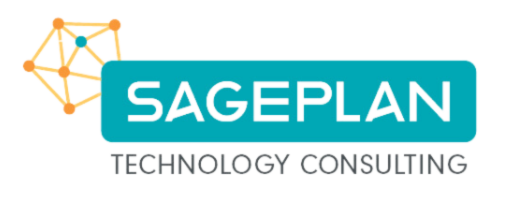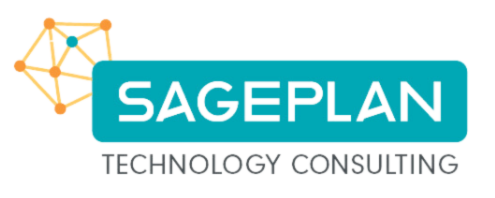You May Not Need To Go Buy A New Computer.
Nobody likes a slow computer. Waiting for the screen to update can be frustrating and waste time that could be put to good use elsewhere. But unless you have an inner geek, it can be challenging to keep a PC running at its peak performance level.
There are many reasons that your computer could be running slower than it did when it was brand new. Aging hardware is a possible cause, but more often, the issue is related to things like slow internet connections, too many applications running simultaneously, software not updating correctly, or needing a little more memory capacity on your existing computer. We’ve put together a checklist of things that we will run through with our clients when they complain about their computer being slow, and you can use the same list to help get the most out of the machine you have instead of running out and buying a new one.
Let’s go through the checklist:
- Check Your Internet Pipeline: Most of the software we use these days requires an internet connection to work properly, and if you have a slow internet connection, it will definitely slow you down. Rebooting your internet modem, router, and Wi-Fi appliances is a good place to start. Then, run a speed test using a tool like SpeedTest to make sure you are getting the internet speeds you are paying for.
- Restart Your Computer: There’s a good chance you rolled your eyes at me just now when you saw this one. It’s okay if you did, I get it, but trust me when I say that this is an essential check. A lot of electronic junk builds up in your computer over time, and part of what happens during a restart is all of that junk gets cleaned out, helping your PC run as fast as possible. In a perfect world, you should really shut your computer off completely at least once a week and then restart it.
- Close, Update, and Restart Your Browser: An overwhelmed web browser is one of the most common issues we see with slow computers. Each browser window and each new browser tab you open uses a little bit of your computer’s available speed, and when you don’t close them, the computer will slow down. Getting into the discipline of closing unused browser tabs will go a long way toward improving your computer’s performance.
- Close Unused Programs: This is pretty much the same issue as the browser tabs thing, so do what you can to close programs when you are finished.
- Disable Unnecessary Startup Apps: A lot of software applications are set to automatically start when you reboot your computer, taking up precious computing power. On a Windows computer, you can see the list of those applications by typing “Startup Apps” in the search bar. Disabling the apps you don’t use on a regular basis will speed up your PC, and you can still start them up when you need them.
- Delete Unnecessary Programs: Most software applications don’t take up a lot of space on your hard drive when they aren’t running, but some do, and eventually, all those unnecessary programs will start taking up space that could be used to keep your machine running smoothly. Typing “Programs” in the Windows search bar will bring up the list of applications stored on your system.
- Run Windows Update: In most cases, Windows should automatically update your operating system. But we have seen cases where the automatic updates get turned off somehow, which will definitely slow down the system. Typing “updates” into the search bar will get you to the right screen for Windows.
- Cleanup Your Disk (Disk Cleanup and Defragmentation): Running these two tools periodically will help keep your hard drive healthy, and I healthy hard disk will run smoother and faster. The Windows keywords for these two tools are “cleanup” and “defragment”.
- Check Your Antivirus: There are several good Antivirus tools out there, including Trend Micro and Bitdefender, which are the two we most often deploy for our clients. Regardless of which one you have, be sure your subscription is current and that the application is running. Not only will an out-of-date
- Install More RAM: If you have gone through steps one through nine and your computer is still running slow, then you may want to investigate the possibility of updating the amount of RAM on your computer. This is the super-speedy memory that your computer uses when running most applications, and not having enough of it will impact performance. Most desktops and some laptops will allow you to update the amount of RAM, and while it’s more complicated than the first nine recommendations, it is a possible DIY task. Typing “RAM” into the Windows search bar will bring up the RAM info, and if you have less than 16GB of RAM onboard, an upgrade may help a lot.
I’ll be the first to admit that it can be challenging to stay on top of all the things that need to be done to keep a computer running at its peak performance, which is why IT experts will automate much of what needs to be done. If you don’t have the luxury of being able to afford an IT expert, it’s often “cheaper” in the long run to buy a PC with more memory and processing power than you think you actually need. That way, even if you don’t restart your computer as often as you should or keep way more browser tabs open than you really need, your PC has the excess capacity to handle it. If you need help keeping your computer operating at optimal performance, feel free to schedule a free consultation with me, and I’ll be happy to see what I can do to help.

